Religion: Ritual
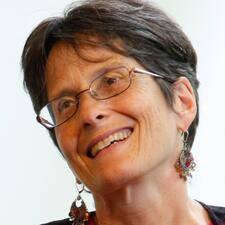
Sharon Cohen Anisfeld
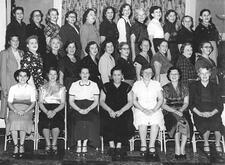
Assimilation in the United States: Twentieth Century
Jewish women assimilating into a changing American society across the twentieth century navigated often conflicting gender roles. As they strove to achieve upward social mobility, they adapted Jewish assumptions of what women, especially married women, should do to accommodate American norms for middle class women. Their collective accomplishments registered in political activism, organizational creativity, strong support for feminism, religious innovation, and educational achievement in the face of antisemitism, stereotypes, and denigration.
Baraita de-Niddah
A rabbinic text about the ritual laws relating to menstruation, Baraita de-Niddah has a mysterious origin and an unknown impact on the interpretation of Jewish law about menstruation.
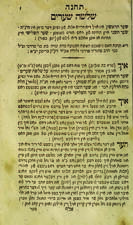
Sarah Bas Tovim
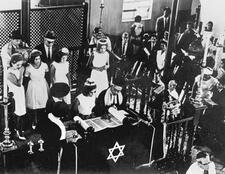
Bat Mitzvah: American Jewish Women
When Judith Kaplan Eisenstein became the first American girl to mark her bat mitzvah on March 18, 1922—two years after women were guaranteed the right to vote in the US—she recalled “shock[ing] a lot of people,” especially her disapproving grandmothers. Today, American girls across the Jewish spectrum, from secular to ultra-Orthodox, mark their coming-of-age in various forms.
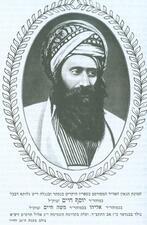
Ben Ish Hai
The Ben Ish-Hai, R. Joseph Hayyim b. Elijah, was a well-known Baghdadi Torah scholar. He wrote many responsa and halakhic books, which included his rulings on women’s halakhot.
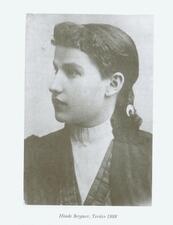
Hinde Bergner
Hinde Bergner holds a special place in Yiddish literature by virtue of the fact that her memoir of family life in a late nineteenth-century Galician shtetl is one of few extant Yiddish memoirs to describe the traditional Jewish family on the edge of modernity from the perspective of a woman. Her intimate portrayal of her life results in a valuable source for Jewish social, family, and women’s history.
Leah Bergstein
Leah Bergstein was the first of the choreographers in Palestine who, at the beginning of the 1930s, created festival dances at kibbutzim that depicted life in pre-state Israel and on agricultural settlements. The unique festival pageants she created, often with poet-composer Mattityahu Shelem, contributed to the development of rural Israeli festivals and holiday celebrations and the creation of the first Israeli dances.
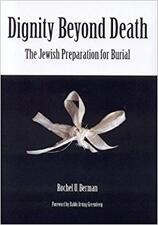
Rochel Berman
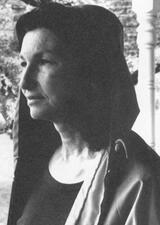
Esther M. Broner
A novelist, playwright, and ritualist, Esther M. Broner emerged on the literary scene in the early 1970s as a leading feminist writer. Her novels feature bitter, fearless, and funny characters. In other works, Broner has combined autobiography with feminist critique of Jewish tradition and created new rituals, such as her 1976 “Women’s Haggadah.”
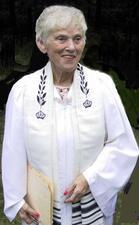
Cantors: American Jewish Women
Women’s vocal leadership in synagogue music began with zogerin (women prayer leaders) in the women’s gallery. In the nineteenth century, women began participating in mixed choral and community singing, and some opera singers acted as cantors in important Reform congregations. In the 1970s and 1980s, the Reform and Conservative movements began formally investing women as cantors, and today a plurality of cantors in liberal movements are women.
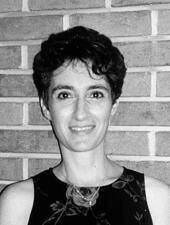
Nina Beth Cardin
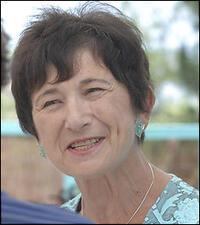
Ruth Fredman Cernea

Phyllis Chesler
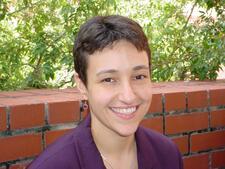
Tamara Cohen
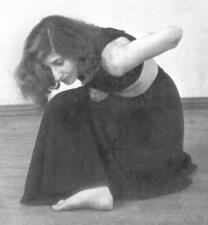
Yardena Cohen
Incorporating biblical themes and Sephardic music into her dances, Yardena Cohen helped create a uniquely Israeli artistic culture. Cohen opened her Haifa dance studio in 1933 and maintained it for some seventy years, stressing creative dance. She continued to teach well into her nineties and in 2010 was awarded the Israel Prize for Lifetime Achievement.
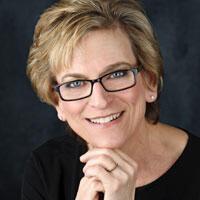
Anita Diamant
Anita Diamant is a novelist, feminist, and liberal Jew who has written five novels, the best known of which is The Red Tent (1997), made into an American television miniseries (2014). She is the author of many books Jewish self-help books, the best known of which is The New Jewish Wedding. She is the founding president of Mayyim Hayyim, the Living Waters Community Mikveh and Education Center.

Edna: Apocrypha
In the Book of Tobit, Edna is Raguel’s wife, Sarah’s mother, and the mother-in-law of Tobias, Tobit’s son. Edna has no biblical namesake; unlike the other women named in Tobit, her name does not evoke images from the Hebrew Bible. Perhaps the author of Tobit means to recall Eden’s idyllic existence, or, more likely, to convey by the name something about the type of woman, wife, and mother Edna is.
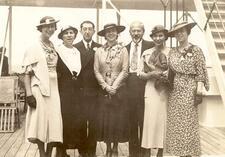
Judith Kaplan Eisenstein
The first American girl to publicly celebrate a bat mitzvah, Judith Kaplan Eisenstein went on to become a Jewish educator, composer, and musicologist. Her accomplishments included studying at the school that would later become Julliard, teaching at the Jewish Theological Seminary Teacher’s Institute, and writing a songbook for children.
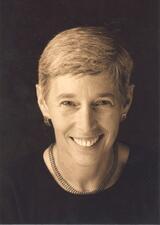
Sue Levi Elwell
Rabbi Moses Feinstein
Rabbi Moshe Feinstein, one of the great Jewish legalists of the twentieth century, wrote numerous legal decisions responding to and affecting women’s lives. His pronouncements regarding women aimed to respond to women’s issues with respect and careful consideration, while also establishing a system in which the roles of men and women were distinctly imbalanced.
Female Purity (Niddah)
Halakhic practice for Niddah, or female purity, is based on a harmonistic reading of Leviticus 12,15, 18, and 20. The laws of female purity have been historically used to determine the status of women in a patriarchal society.
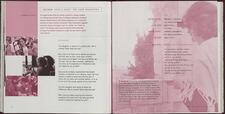
Feminist Jewish Ritual: An International Perspective
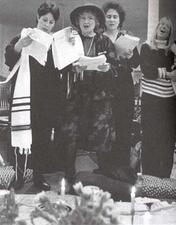
Feminist Jewish Ritual: The United States
Ritual behavior is one of the fundamental pillars of Judaism, and of all religions, whose concern is precisely with ultimate meaning and purpose. Since the 1970s, Jewish feminists have gained access to male-identified rituals, developed a wide variety of new rituals, and feminized core male rituals.

Festivals and Holy Days
According to halakhah, women are responsible for obeying all of Judaism’s negative commandments and for observing most of the positive ones, including the Sabbath and all of the festivals and holy days of the Jewish year. In some instances, however, male and female obligations on these days differ.


